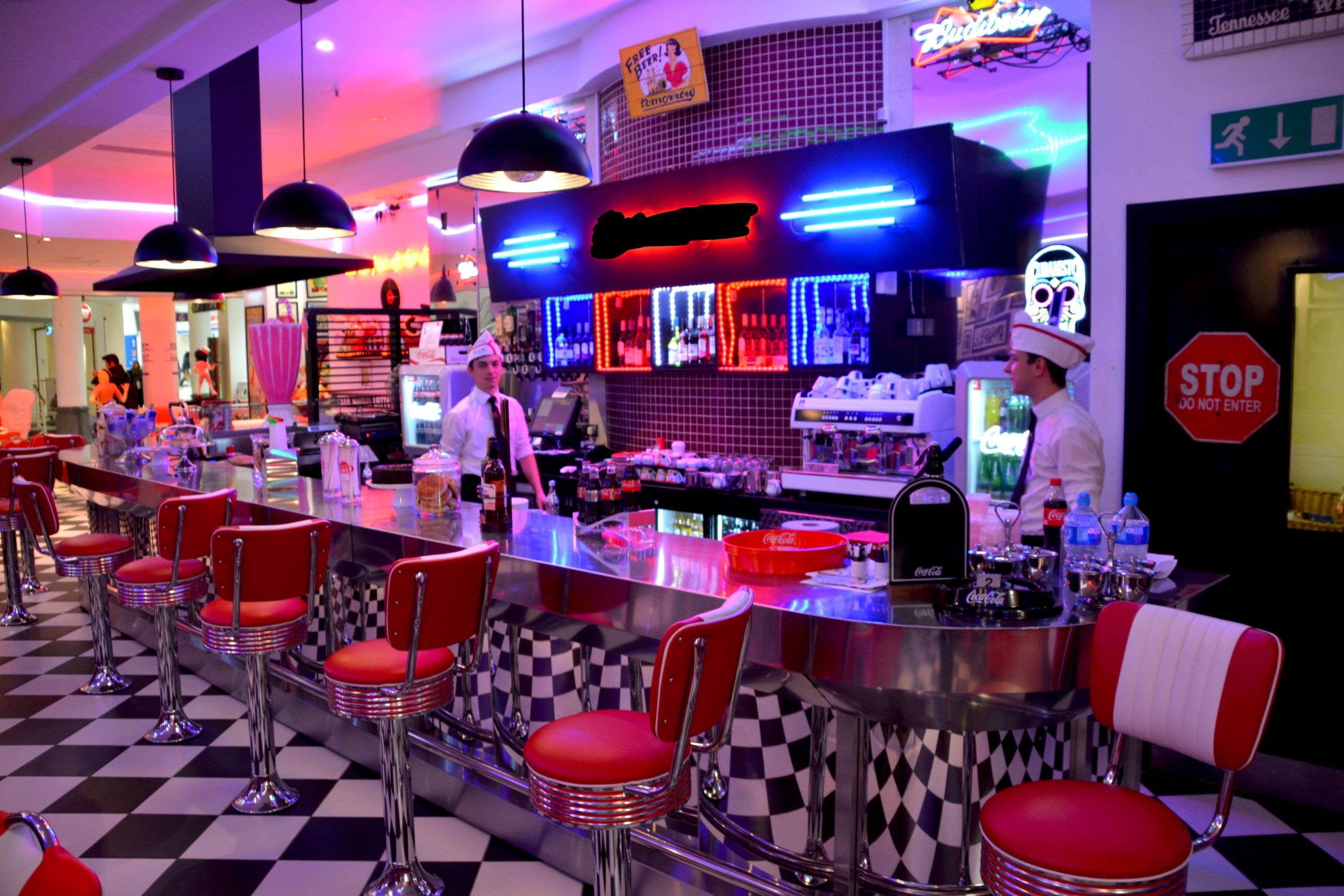Ed King describes how he and his coworkers at a diner have kept each other and customers safe during the pandemic. Servers at this restaurant have been organized with the IWW since 2016. They have refused to file for formal recognition. Instead, workers bargain directly with management on an ongoing basis, addressing issues on the job through direct action.
For a while, it seemed like the restaurant would never reopen. When it finally did, it was unclear whether our solidarity union would be able to take any significant action in this unprecedented atmosphere. What was clear, was we were not going to accept any risks to workers’ health and safety when operating indoors during a pandemic.
Since they decided to bring back a skeleton crew based on seniority, the restaurant ended up bringing back some of the most radical, active union members. The question was, would this split of the staff (between rehires and those waiting to be rehired) cause a division that would hobble our leverage and ability to act. It turns out it didn’t.
During the six plus months of shutdown, we had managed to have regular meetings and keep solidarity high by organizing a GoFundMe campaign to raise money for workers who didn’t qualify for unemployment. We ended up raising over $28,000. As well as providing much needed relief for struggling employees, this enabled us to keep in communication and create goodwill.
When we returned it became clear that some of the safety protocols were being applied sporadically and we decided to make a formal demand to check the temperatures of workers and ask the legally required health screening questions. We voted on this at a virtual meeting, almost like usual, and then individually informed workers of our plan, to avoid blowback.
The restaurant never replies directly to our demands, but they ended up quietly doing what we asked for right after the demand was made. We knew we still had the power to act to control procedure on the floor.
Next up we tackled the problem of the restaurant allowing non-customers to use the bathrooms without filling out contact tracing. We authorized this in the same way, with a vote, and decided to do a physical march on the boss on this issue. It actually was easier because of how slow the business was, and how few employees we had on shift. Three of us marched on the boss and he immediately agreed to our demand. Clearly we had as much power as ever.
About a month later, the union learned, through our networking app, that an employee had tested positive for COVID-19. A few hours went by and our employer did not notify us. This infuriated the staff. We sprang into action and formulated an email request for them to let us know about positive COVID tests among staff, and to follow health protocols.
24 servers sent the same email to management. This was a lower-risk technique we had used successfully in the past. Within the hour, management replied that someone had tested positive but had not had extended contact with other employees and so no further action was legally required. While this may have been true under the law, we are a restaurant where servers sing and are in close contact indoors for up to six hours. We decided that we needed to ensure our safety and set a precedent for the future.
We decided on a demand to require front of house employees (including managers) that worked with the employee who tested positive to take a paid week off and be tested before returning to work. This was a little more complicated because it necessitated us individually reaching out to workers who would be losing shifts. We also voted to have the union partially reimburse those workers for lost tips. We made the demand with a deadline for response, and an escalation plan of having the next crew refuse to work because of safety concerns. We did not need to exercise this as the restaurant once again gave us what we wanted.
We learned that the same techniques that worked in the past still worked, even though the monetary threat of withholding our labor was not nearly as damaging. We succeeded by making reasonable, clear demands with deadlines and escalation plans. Additionally, this period has made clear that having direct action and solidarity on the shop floor is essential to responding to circumstances that none of us thought we would ever have to face. This type of action can and should be duplicated in shops everywhere.

